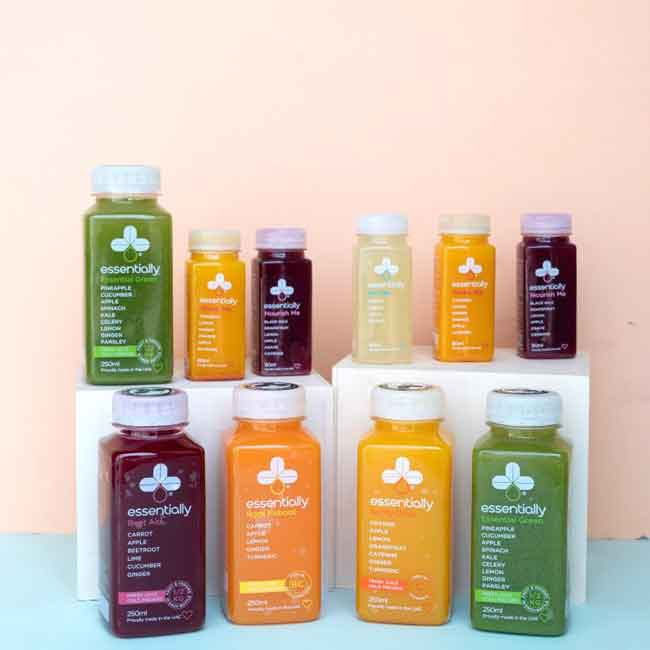Fresh juice and store-bought juice are both popular options for getting a quick and convenient dose of fruits and vegetables. However, when it comes to choosing between the two, health-conscious individuals often wonder which option is healthier.
Let’s take a closer look at the differences between fresh juices and store-bought juice to determine which one is better for your health.
Nutritional content:
Freshly squeezed juice, made from whole fruits and vegetables, retains a higher concentration of vitamins, minerals, and antioxidants compared to store-bought juice. The juicing process preserves the natural nutrients present in the produce, providing a potent and nourishing beverage. In contrast, store-bought juices often undergo pasteurization and may contain added sugars, preservatives, and artificial flavors, which can diminish their nutritional value.
Processing methods:
Fresh juice is typically made by extracting the juice from raw fruits and vegetables using a juicer or blender. This method retains the fiber and nutrients found in the whole produce, offering a wholesome and nutrient-dense beverage. On the other hand, store-bought juices undergo processing, which may include pasteurization to extend shelf life and remove harmful bacteria. However, this process can also degrade heat-sensitive nutrients and enzymes present in the juice, reducing its nutritional quality.
Added ingredients:
One of the main differences between fresh juice and store-bought juice is the presence of added ingredients. Fresh juice is free from additives such as preservatives, artificial colors, and sweeteners, making it a natural and healthier option. In contrast, many store-bought juices contain added sugars, high-fructose corn syrup, and artificial flavors to enhance taste and prolong shelf life. These added ingredients can contribute to excess calories, sugar intake, and health risks.
Cost and convenience:
While fresh juice offers superior nutritional quality, it may be less convenient and more expensive than store-bought juice. Making fresh juice at home requires access to fresh produce, a juicer or blender, and time for preparation and cleanup. In comparison, store-bought juices are readily available in supermarkets and convenience stores, offering a convenient option for on-the-go consumption. However, it’s essential to read labels carefully and choose brands that consider natural ingredients and minimal processing.
Overall health benefits:
When comparing fresh juice to store-bought juice, fresh juice emerges as the healthier choice due to its superior nutritional content and minimal processing. Fresh juice provides a concentrated source of vitamins, minerals, and antioxidants, which can support overall health and well-being. Additionally, the fiber present in whole fruits and vegetables helps promotes digestive health and may aid in weight management.


